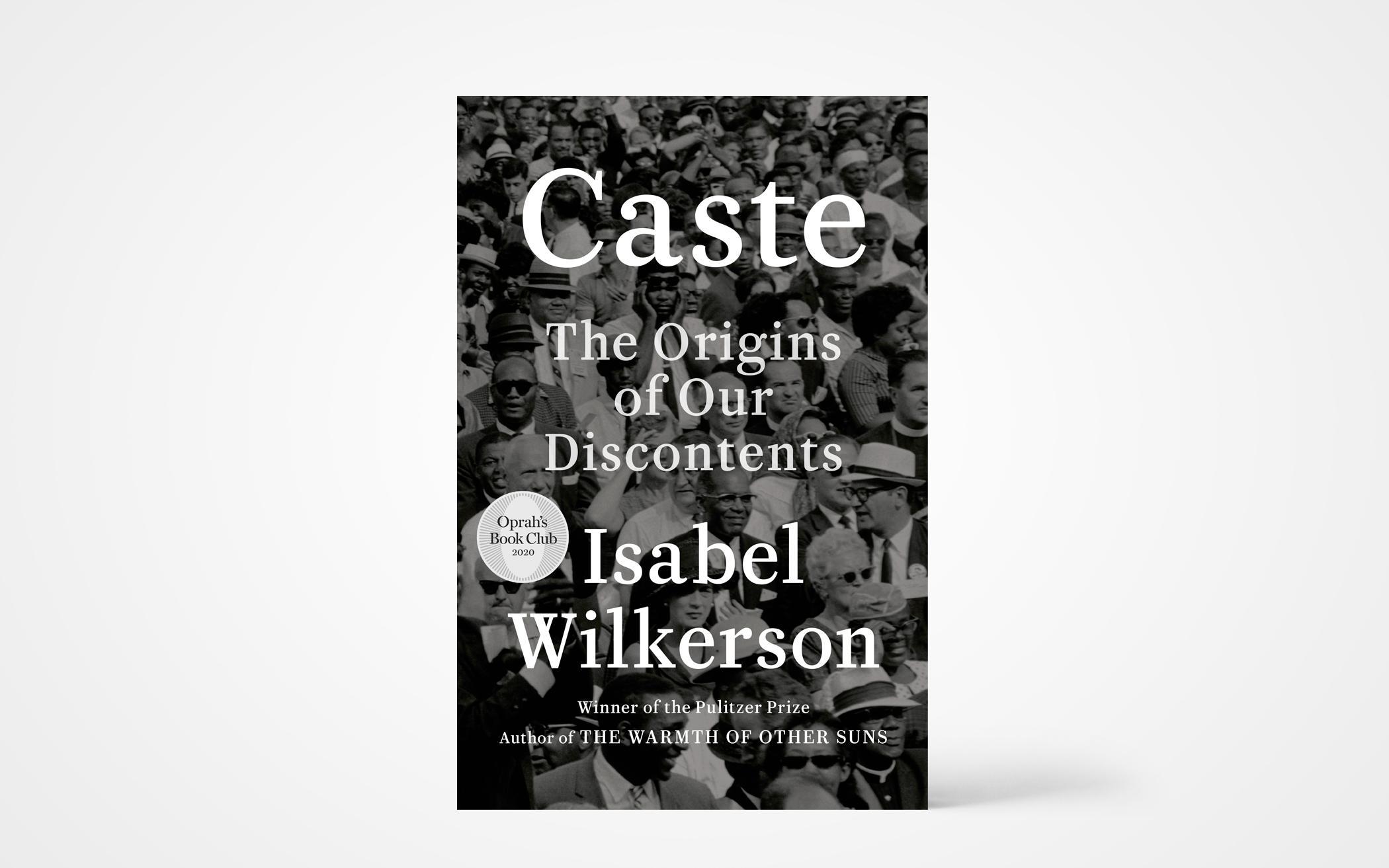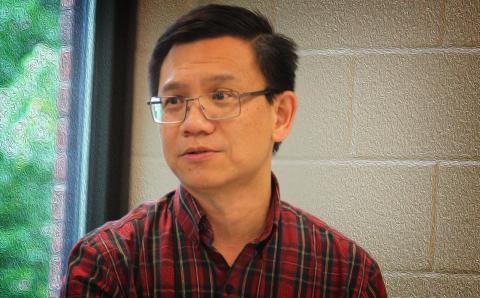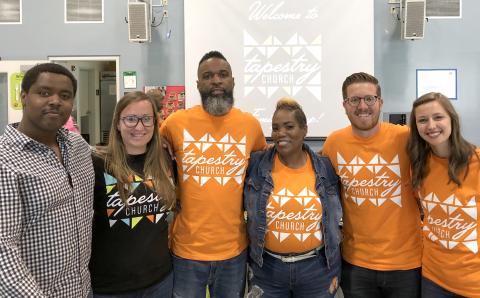When I picked up Caste by Isabel Wilkerson, I had high expectations. The 2020 book was written by the same person who wrote The Warmth of Other Suns, and I enjoyed the writing style of that book. Caste was chosen for Oprah’s Book Club and was a New York Times Best Seller. It also came highly recommended by a friend of mine very much involved in racial justice work. At first, the length put me off, but I soon found that it was a book I needed to read slowly. The book promised to link America’s caste systems to that of India and Nazi Germany. Even knowing this before picking up the book, I found that my heart wasn’t always prepared for what I was reading.
My mind was prepared—I am a sociologist by training. I am also a trained anti-racist facilitator. I have had my own personal experiences with America’s caste system, and I can still recall the stories my grandparents and parents shared of their caste-system encounters; but in the telling of my and my family’s experiences of racism and classism (I should note that we all identify as African American), we never used the word “caste.” Wilkerson says, “A caste system relies on dehumanization to lock the marginalized outside the norms of humanity so that action against them is seen as reasonable.”
The brilliance of Wilkerson’s well-researched work is that it is filled with relatable stories that connect academic definitions, social concepts, and the historical past to present-day indignities. For example, in chapter 23, she tells of her own experience on a flight with a first-class ticket but not having a first-class experience. She starts her story by retelling a rather nasty encounter with a man who states loudly to the person next to him regarding her, “That’s what happens when they let just anybody in first class.” The person continued to make her trip miserable by challenging her right to sit with her seat back so she could sleep. She concludes her story with, “I went back and sat up straight, across the length of the country. The caste system had put me in my place.”
But Caste is not just about personal indignities. If that were the case, it would not be much of a book. Caste strives to raise the awareness of its readers to the reality and consequences of a 400-year-old system of structured inequalities. Wilkerson’s book awakens readers to the nearly invisible historical and social forces that limit, harm, and kill people who are not at the top of our socially constructed hierarchies. “Once awakened, we have a choice. We can be born to the dominant caste but choose not to dominate. We can be born to a subordinate caste but resist the box others force upon us. And all of us can sharpen our powers of discernment to see past the external and to value the character of a person rather than demean those who are already marginalized or worship those born to false pedestals.” I highly recommend Caste. It is not a light read, but it is an important book for those wanting to better understand the social forces that have created and sustain our American caste system. (Random House)
About the Author
Michelle Loyd-Paige is the executive associate to the president for diversity and inclusion at Calvin University, a member of Maple Avenue Ministries, and the founder of Preach Sista! (preachsista.org).








